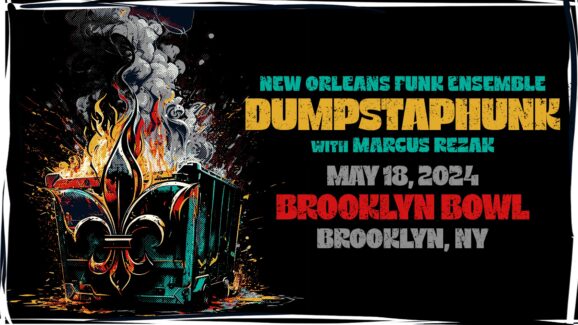Will Kimbrough wears many hats. He’s a skilled multi-instrumentalist, an in-demand sideman, the ‘secret sauce’ that fueled the late Jimmy Buffet’s hits, a valued producer, most notably garnering two Grammy nominations and multiple BMA Awards for blues powerhouse Shemekia Copeland, and the guitarist of Emmylou Harris’ band, The Red Direct Boys.
For the Life of Me is his eighth. He considers it the last in a trilogy that started with 2019’s I Like Down Here and ran through 2020’s Spring Break, yet it differs from those in that these are hook-filled anthems versus the more imagery-driven material of those prior efforts. These tunes seemed to have quickly rolled off his pen, and aside from his penchant for playing multiple instruments, he was likely recorded quickly in a trio format with his Red Dirt Boys buddies, bassist Chris Donohue and drummer Bryan Owings.
Kimbrough has never been shy about expressing his political beliefs, most poignantly in 2006’s Americanitis, and reprises that aspect of his artistry on the opening, muscular strummed “Walking in the Valley of the Shadow,” one that has the southern, gospel feel of a Robbie Robertson-The Band song yet touches on immigrations, school shootings, and grieving mothers. While he wrote that one alone, most are with co-writers such as Bobby Hall on “I Don’t Want to Start a War,’ a tune punctuated with stinging guitar and heavy B3. It tells the fictional but believable story of a college kid who becomes obsessed with The Grateful Dead in the mid-80s only to shift gears to the other side, joining the January 6th insurrectionists. It poses a question that this writer has often pondered -whatever happened to the peace and love vibes so many of us grew up with? Why are so many now on the other side? Those same questions are explored in “The Other Side,” while that classic duality of The South is touched on rather subtly in “Southern Wind.”
He also includes a tune he wrote with John Hahn that appeared on Copeland’s Uncivil War as “Clotilda’s on Fire” recounts the history of the very last slave ship to arrive in America (in Mobile Bay, Alabama) in 1859, 50 years after the slave trade was banned. In a somewhat related way, he takes a positive point of view on “Rivers of Roses,” another co-penned with Hall that evokes Joe South’s “Walk a Mile in These Shoes” as it comments on the progress made since the Civil Rights unrest of the ‘60s.
The title track is an acoustic, non-anthemic plea for unity (“You see blue and I see black, it’s empathy we lack and claim to want.”). “Isolation” (with Rich McCulley) addresses loss, loneliness, and a selfish need for privacy and introversion in a time when more communication and connectivity would be beneficial. His heartfelt tribute to a lost friend in “Margie’s Sky” (with Walt Gilmer) is an honest expression of the motions one goes through when dealing with grief.
He has other far less somber tunes expressing gratitude for family, friends and lessons from those lost. They take an anthemic, sing along with the chorus approach such as the celebratory “Every Day” and “When This Is All Over.” Admittedly, the riff-filled anthemic nature of many of these songs on For the Life of Me upon first listen, left an impression that this was a notch down from previous Kimbrough albums, but further listens shed light on his lyrics, some of his best, which a casual listener, attracted by the hooks, may easily overlook.


































